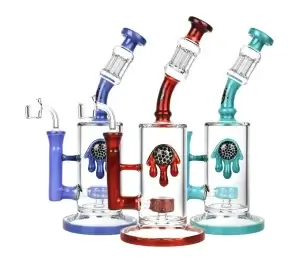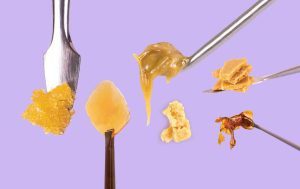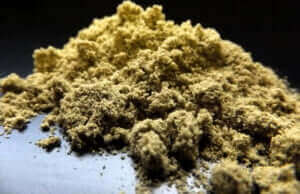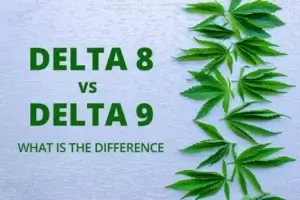Early History and Cultural Significance
Cannabis has a historical presence in Israel, as evidenced by archaeological findings of cannabis residue in ancient Jewish ritual sites. The ancient use of cannabis was likely for its psychoactive properties during rituals, but its recreational use in the modern sense only became more widespread in the late 20th century.
Legislation and Legal Status: A Progressive Shift
As of my knowledge cutoff in September 2021, the Israeli government had adopted a decriminalization policy for the possession and use of small amounts of cannabis in private settings. This approach, implemented in 2017, marked a significant shift from previous punitive drug policies. Under the new policy, first-time offenders face a fine rather than criminal charges, with subsequent offenses leading to larger fines, mandatory participation in treatment and education programs, or other administrative sanctions.
However, growing, selling, and possessing large quantities of cannabis remain criminal offenses, punishable by imprisonment. Despite decriminalization for personal use, the supply side of cannabis remains firmly within the illegal domain.
Medical Use and Research: A Global Leader
Israel is a pioneer and international leader in the field of medical cannabis research. Israeli scientist Raphael Mechoulam’s groundbreaking work in the 1960s, including the first successful isolation of THC, set the stage for the global study of cannabis and cannabinoids.
The Israeli government legalized medical cannabis in the early 1990s. Over time, the government has expanded the conditions for which medical cannabis can be prescribed, which now include chronic pain, epilepsy, multiple sclerosis, PTSD, and cancer-related symptoms, among others.
Israel’s Ministry of Health regulates medical cannabis through its Medical Cannabis Unit, which oversees the licensing of growers, manufacturers, and dispensers, and controls patient eligibility and prescription regulations.
In terms of research, Israel continues to lead the way. Its researchers conduct extensive studies into the potential therapeutic applications of cannabis and cannabinoids, including as potential treatments for autism, cancer, Parkinson’s disease, and other conditions.
Illicit Production and Trade
Despite progress in legitimizing medical cannabis use and decriminalizing personal use, the recreational cannabis market in Israel remains largely illicit. Law enforcement continues to crack down on unlicensed cultivation and distribution of cannabis, which can lead to significant criminal penalties.
Israel is not a significant exporter or transit country for cannabis, but there have been instances of illicit import, primarily from neighboring Lebanon and Egypt.
Societal Impact and Ongoing Debates
Cannabis is the most commonly used illicit drug in Israel. Its decriminalization reflects changing societal attitudes towards the drug. There is a growing public debate on the potential benefits of full legalization, including arguments around individual freedom, public health, potential economic benefits from a regulated cannabis market, and reduction of law enforcement costs.
At the same time, concerns persist about potential risks, including the potential for increased use, especially among young people, and the potential for cannabis use to lead to the use of harder substances.
Future Prospects
Israel’s progressive approach to cannabis continues to evolve. Discussions about further decriminalization or full legalization are ongoing. Given its international leadership in medical cannabis research, developments in Israel are likely to have an impact on global cannabis policy trends.






